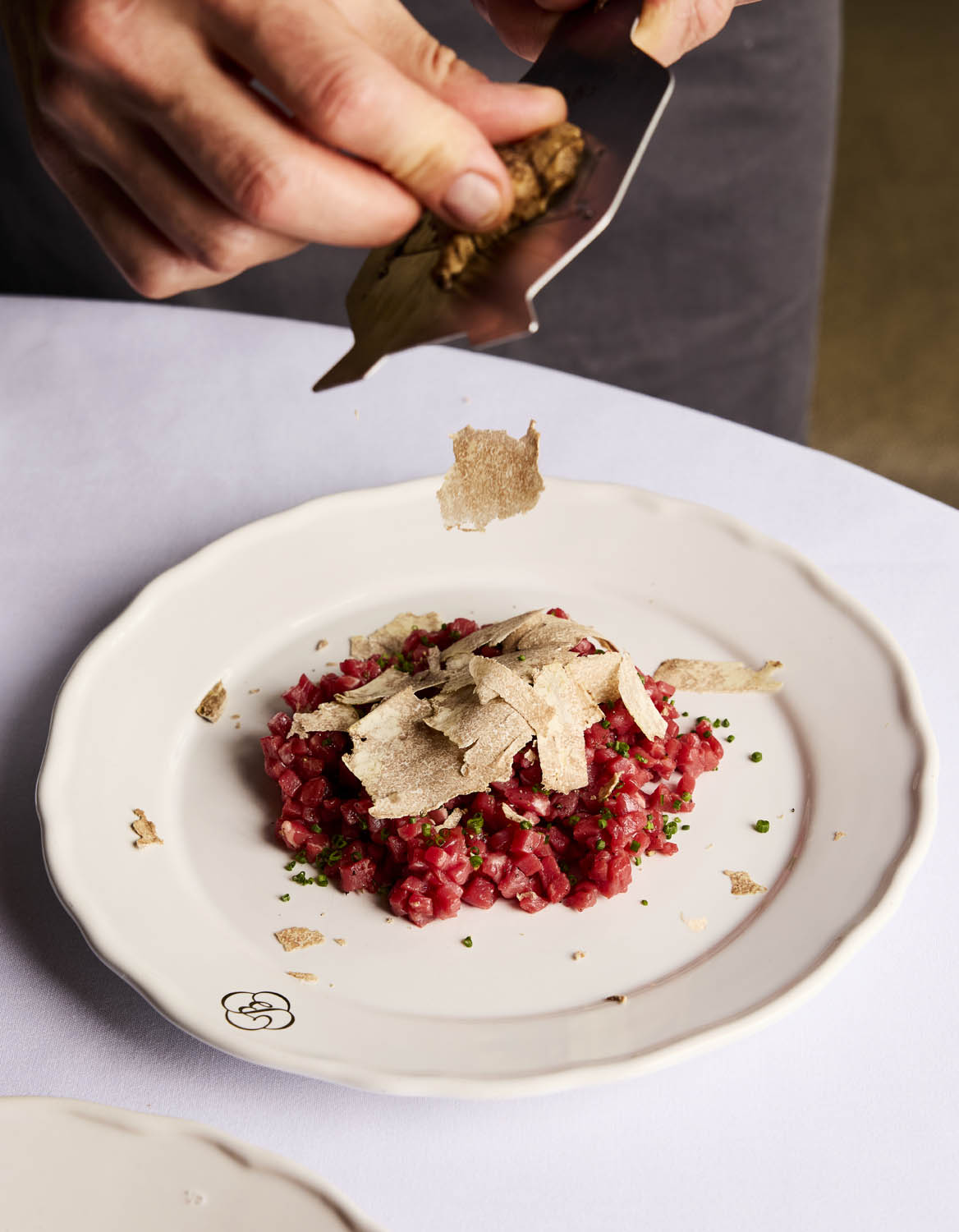New association to launch for ‘naked’ wineries of Chile
A new association for low intervention wineries in Chile is due to launch under the name ‘Chile Desnudo’, translating as naked Chile.
Formed by Luca Hodgkinson, who runs a consultancy firm for organic and biodynamic projects in Chile and Spain called Wildmakers, the new group should be confirmed by the end of this year.
Speaking to the drinks business in Chile last month, Hodgkinson said that he expected the association to comprise five wineries, which must conform to a quality charter for low-intervention winemaking.
This would mean that member wineries must be either organic or biodynamic, and can’t add anything to the wine other than sulphur dioxide up to a maximum of 50ppm.
When asked about his motivation to create Chile Desnudo, he told db that he wanted to find a term to group together wineries with a particular approach to wine production that does away with synthetic inputs, adding that existing descriptors, such as ‘sustainable’ or ‘natural’ were not suitable.
“For me, sustainability has lost its meaning, so I don’t talk about it any more,” he began.
Continuing he said, “I also try to avoid the term natural, because it is too extreme, and there’s a feeling that you need to have a defect to be a natural wine.”
He added, “We are low-intervention wines, but of course we intervene, we are making decisions all the time, but we try to avoid using additives, sulphur being the only one we use.”
Speaking more generally about vineyard management, he expressed his dismay that any producer should use synthetic inputs.
In terms of fertiliser applications, he said that it was vital to use compost to feed the soil and augment soil life, rather than rely on chemicals NPK (Nitrogen, Phosphorus and Potassium).
“Conventional agriculture taught us that if add you macro elements you will produce the quality and quantity you need… but it makes us blind to complexities of the soils,” he said.
As for the use of herbicides in vineyards, he said that Chile must “completely eliminate” their use, both due to their damaging affect to soils, and humans – as they can find their way into the wine.
“If you analyse wine for glyphosate, you can find it… that is scary, people are probably drinking Roundup,” he said, referring to the leading brand of herbicide.
Talking about Chile specifically, he said that it was especially sad to see that producers were using chemical inputs in a country with unsullied natural landscapes.
Partner Content
“We have endemism, pristine environments, dry conditions – Chile is ideal for viticulture, so why are we poisoning our soils?” he asked rhetorically.
Such views echoed those shared with db back in 2014, when Grant Phelps, chief winemaker at Viña Casas del Bosque, said that Chile should convert all its vineyards to organic practices.
“It’s so easy to be organic in Chile because it doesn’t rain throughout the entire growing season,” he said.
Continuing, he proposed, “Chile could say as an industry let’s go 100% organic and they could do it… and it would be amazing if consumers knew that the wine was organic just because it was from Chile.”
Meanwhile, Hodgkinson’s comments on the term natural wine were in line with those of another winemaker in Chile, François Massoc, who told db that such a description “is an insult to the humanity of wine”.
Continuing, he explained, “Wine is a very human product, maybe the most human of all… from the person who makes it to the person who pours it.”
The interviews with Massoc and Hodgkinson took place during a tour of Chile from 17-23 November that was laid on by Wines of Chile for 30 Masters of Wine.
Read more
CHILE ‘HONOURED’ BY VISITING MWS DURING ‘DIFFICULT DAYS’
‘NATURAL WINE AN INSULT TO HUMANITY’ SAYS TOP CHILEAN WINEMAKER




